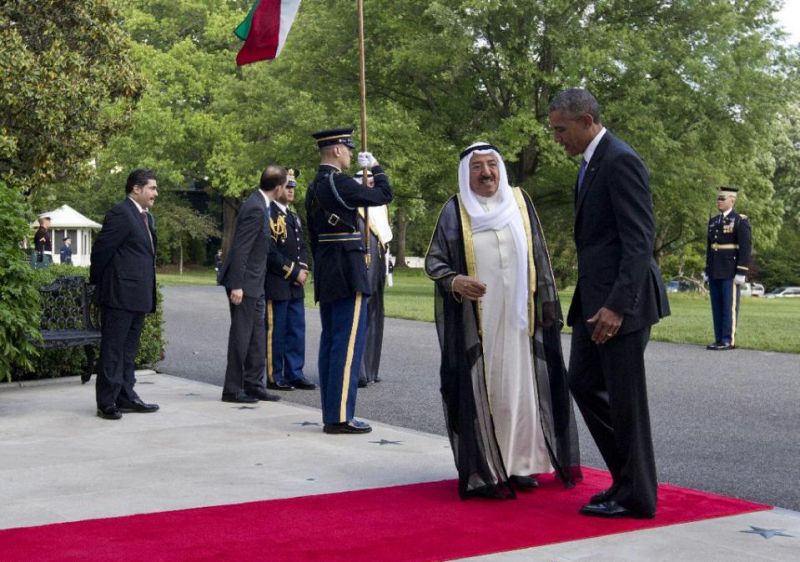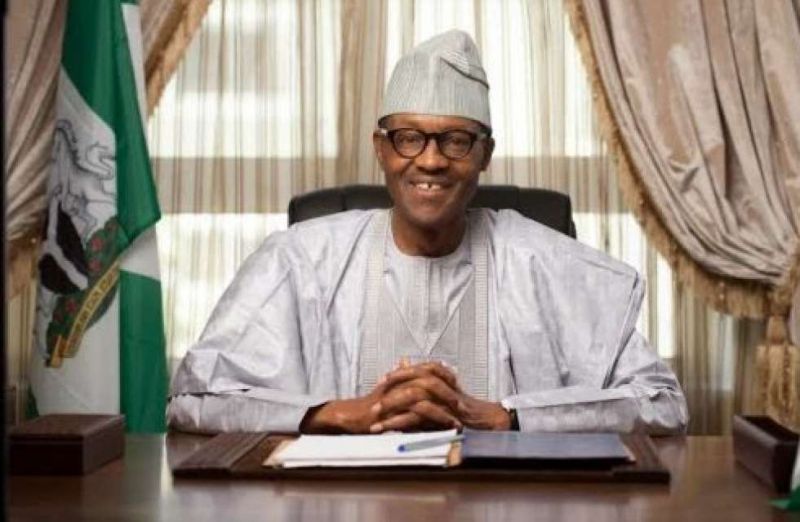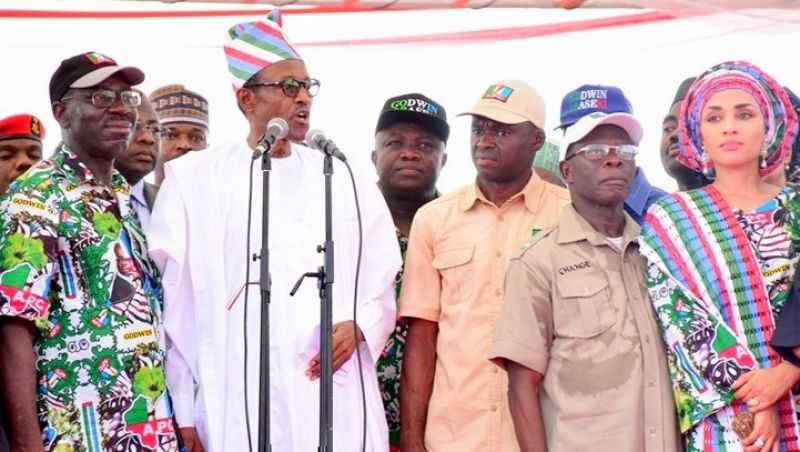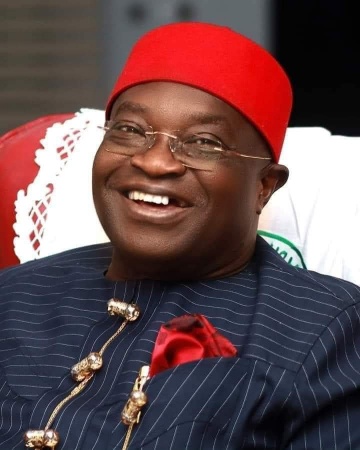Obama convenes Camp David summit with Gulf state leaders
Posted by admin | 9 years ago | 2,691 times

President Barack Obama and leaders from six Gulf nations were gathering at Camp David Thursday to work through tensions sparked by the U.S. bid for a nuclear deal with Iran, a pursuit that has put regional partners on edge.
Obama is seeking to reassure the Gulf leaders that U.S. overtures to Iran will not come at the expense of commitments to their security. He is expected to offer them more military assistance, including increased joint exercises and coordination on ballistic missile systems.
But when Thursday's meetings at the presidential retreat in the Maryland mountains conclude, it's unlikely Obama will have fully assuaged the Gulf's deep-seated fear of Iranian meddling in the region.
"My guess is that the summit is going to leave everybody feeling a little bit unsatisfied," said Jon Alterman, the Middle East director at the Center for Strategic and International Studies.
Obama and the leaders from Saudi Arabia, Qatar, United Arab Emirates, Kuwait, Oman and Bahrain opened their talks with a private dinner Wednesday night at the White House. Just two heads of state are among those meeting Obama, with other nations sending lower-level, but still influential representatives.
The most notable absence in Saudi King Salman. On Sunday, Saudi Arabia announced that the king was skipping the summit, just two days after the White House said he was coming.
Crown Prince Mohammed bin Nayef and Deputy Crown Prince Mohammed bin Salman were representing Saudi Arabia instead. They held a separate meeting with Obama before the other leaders arrived.
The president made no mention of Saudi skepticism of the Iran talks as he opened the meeting, but acknowledged the region is in the midst of a "very challenging time."
The White House and Saudi officials insist the king is not snubbing Obama. But Salman's conspicuous absence comes amid indisputable signs of strain in the long relationship between the U.S. and Saudi Arabia, driven not only by Obama's Iran overtures, but also the rise of Islamic State militants and a lessening U.S. dependency on Saudi oil.
"There have been disagreements under this administration and under the previous administration about certain policies and development in the Middle East, but I think on a set of core interests, we continue to have a common view about what we aim to achieve," said Ben Rhodes, Obama's deputy national security adviser.
The Gulf summit comes as the U.S. and five other nations work to reach an agreement with Iran by the end of June to curb its nuclear ambitions in exchange for relief from international economic sanctions. The Gulf nations fear that an influx of cash will only facilitate what they see as Iran's aggression.
The White House says a nuclear accord could clear the way for more productive discussions with Iran about its reputed terror links. The U.S. has criticized Iran's support for Hezbollah, as well as terror attacks carried out by Iran's Quds Force.
In 2011, the Obama administration accused Iran of plotting to kill the Saudi ambassador to the United States in Washington.
The Saudis are also particularly concerned about the situation in Yemen, where Houthi rebels with ties with Iran have ousted the U.S.- and Saudi-backed leader.
For more than a month, a Saudi-led coalition has tried to push back the Houthis with a relentless bombing campaign. On Tuesday, a five-day humanitarian cease-fire went into effect, though the pause in fighting was already at risk. A jet fighter from the Saudi coalition on Wednesday struck a military convoy belonging to Shiite rebels and their allies in southern Yemen.
Saudi officials cited the cease-fire as one of the reasons why King Salman needed to stay in Riyadh and not make the trip to the United States.
The Saudi king isn't the only head of state sending a lower-level representative to the summit. The heads of the United Arab Emirates and Oman have had health problems and were not making the trip.
Bahrain's royal court announced Wednesday that rather than travel to Washington, King Hamad bin Isa Al Khalifa would be attending a horse show and meeting with Queen Elizabeth II.
Source: AP
Readers Comments
comment(s)
No comments yet. Be the first to post comment.








